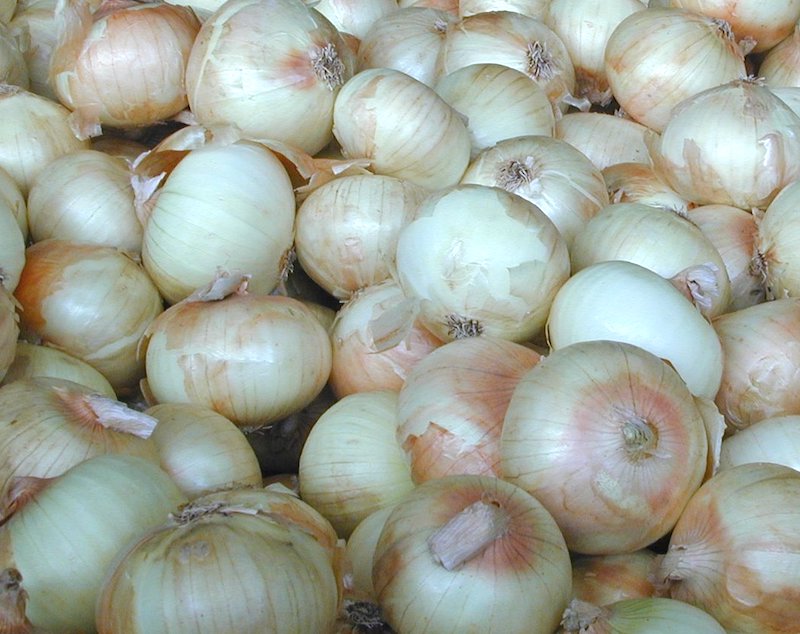 CAES News
CAES News
Vidalia season
Shoppers across the country crave Georgia’s signature sweet onions, but sometimes they want that sweetness in a smaller package. Georgia’s Vidalia onion farmers have spent their last few growing seasons working to produce smaller versions of their prized onions, which are typically some of the largest onion varieties in the produce department.

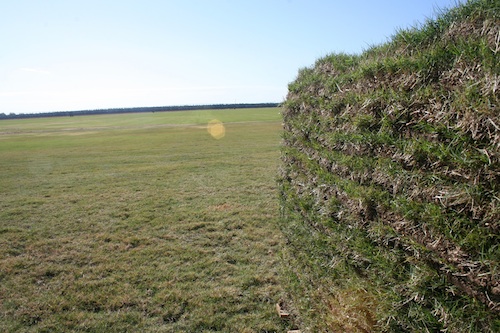
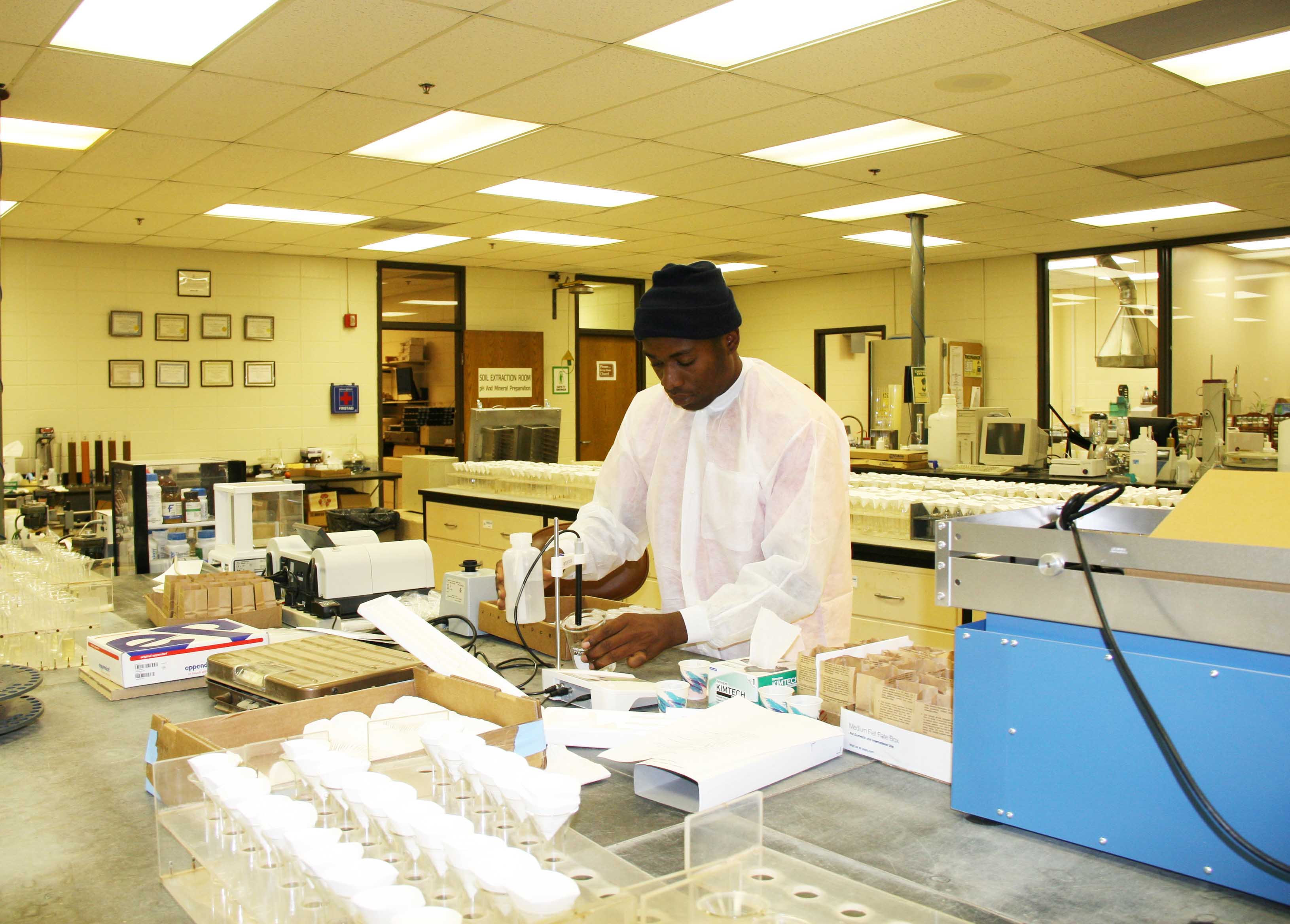
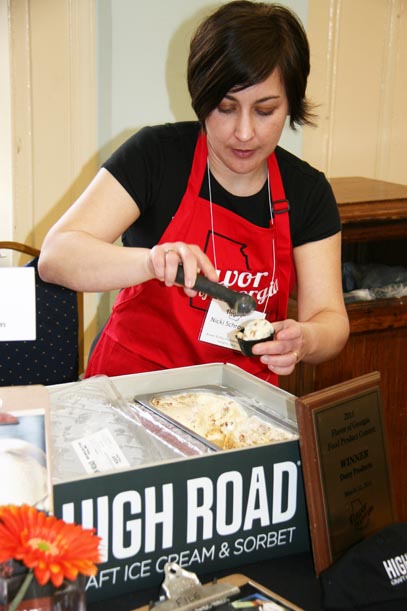
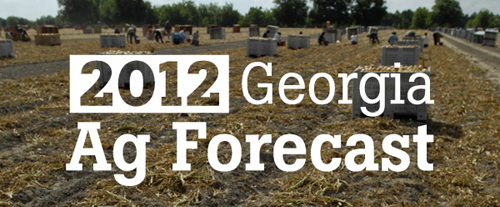
.jpg)
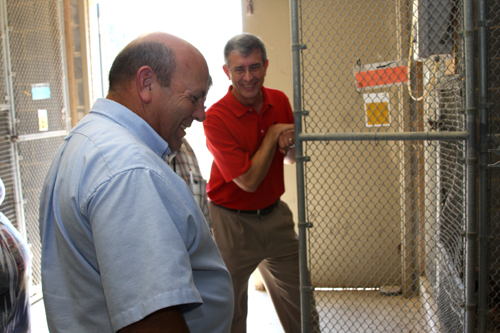
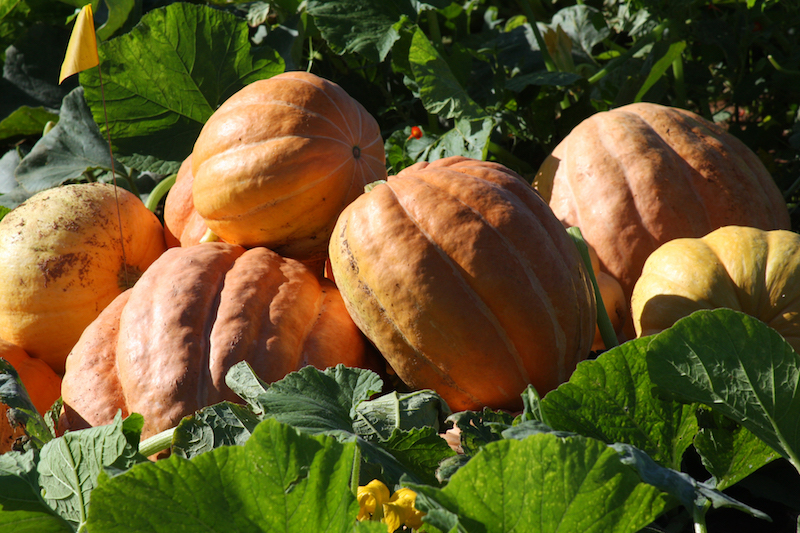
.jpg)
